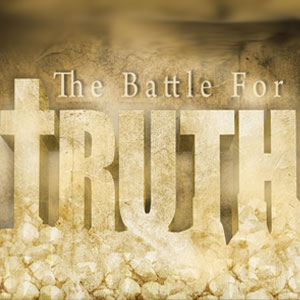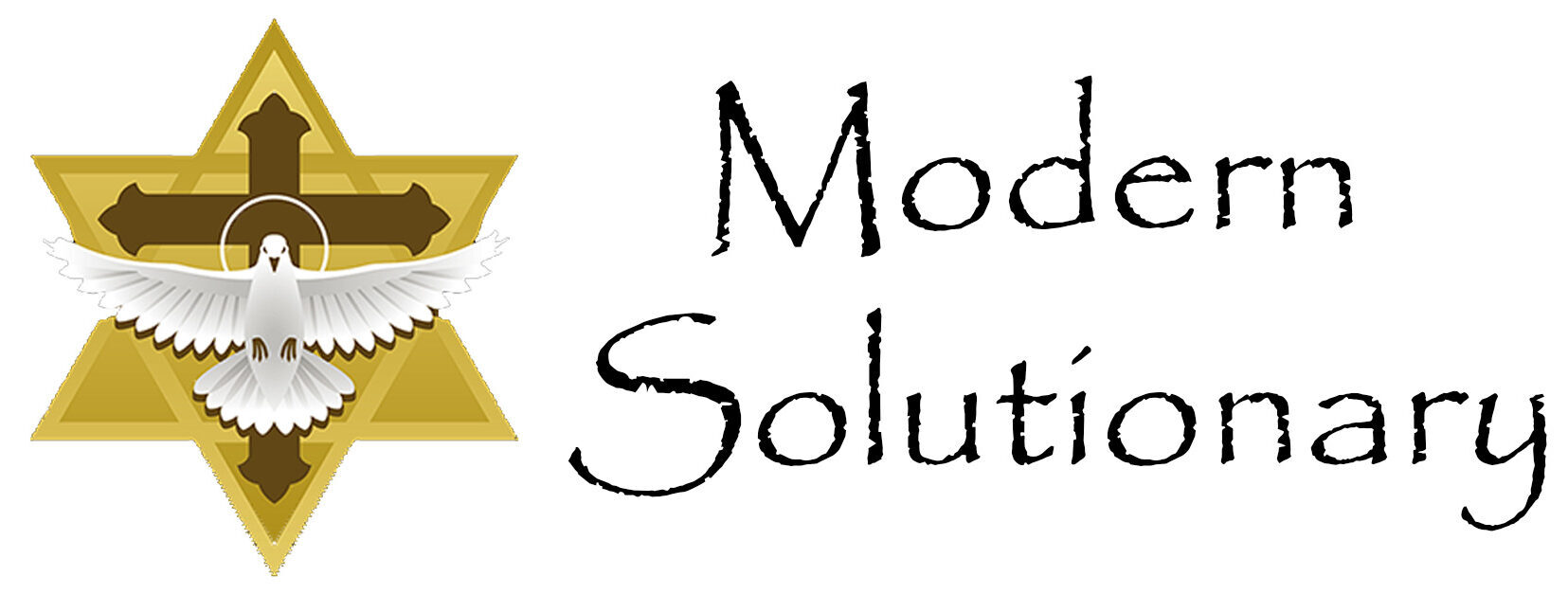
It has been said that society is at war over what is true. Though the millennia, especially in the early years of the scientific era, that was a constant state of affairs, but not many people were literate and those that were did not read material every day. Today, divisions in society can arise from various factors, but since the rise of humanity there have been only three significant causes that stand out:
1. Identity and Belonging
Differences in identity, such as race, ethnicity, religion, gender, and sexual orientation, can create divisions. When people feel their identity is threatened or marginalized, it can lead to conflict and division. For example, historical and ongoing racial tensions in many countries highlight how deeply identity can divide societies.
2. Economic Inequality
Economic disparities can lead to significant social divisions. When wealth and resources are unevenly distributed, it can create a sense of injustice and resentment among those who feel left behind. This can manifest in various ways, from class struggles to debates over social welfare policies.
3. Political Polarization
Political beliefs and ideologies can be a major source of division. When political discourse becomes polarized, it can lead to an “us vs. them” mentality, making it difficult for people to find common ground. This is evident in many democracies today, where political parties and their supporters are deeply divided on key issues. When the laws passed by the government begin to oppose what most believe to be right and just, the fuse is lit, and the battle will begin.
Historical Context
Throughout history, these factors have often intersected, leading to significant societal changes. For instance, the civil rights movements in the 20th century addressed both identity and economic inequality, while political polarization has been a recurring theme in many historical conflicts. By addressing agreed upon truths, we were able to move forward. Not as fast or as much as some would like to see, but movement was positive.
Historically, when businesses and governments started to deny long-held truths, because of pressure from a minority of the citizens the battlelines were drawn. All of a sudden, people were expected to recognize more than two genders and, to make it legitimate, the government issued ids supporting the madness. At the same time male and female public restrooms became an area to be protected from perverts, while teachers allowed kids to pick their “pronoun” of choice, in many cases, without parental knowledge. The truth was challenged and if you did not agree with the lie, you were open to all forms of contempt.
What should humanity expect when eternal truths cease to make sense? These things were predicted by many, but one of the most well-known quotes is from George Orwell: “The further a society drifts from the truth, the more it will hate those that speak it”. This suggests that when truth is distorted or disregarded, moral and ethical standards can become blurred, leading to a society where wrong actions are justified or overlooked.
Shoplifting under $950 of merchandise in some areas of California is viewed as an unpunishable offence. Sounds familiar?
Another related thought comes from Leo Tolstoy: “Wrong does not cease to be wrong because the majority share in it”. This highlights that truth and morality are not determined by popular opinion but by their inherent nature.
These quotes reflect the importance of maintaining a commitment to truth and integrity, even when societal norms shift.
Moving Forward
Addressing these divisions requires a multifaceted approach:
- Promoting Respect: Encouraging a culture of respect for all humanity. This does not require belief or even acceptance of in any one ideology or stance. It is just common decency.
- Profess Fairness: Implementing policies that speak to fairness.
- Foster Commonality in Truth: Creating an environment that highlights agreed upon truths that all can agree with. From that point forward, only issues that fall into those accepted truths can be debated.
By understanding and addressing these root causes, societies can work towards greater unity and harmony.
St. Augustine once said, “The truth is like a lion; you don’t have to defend it. Let it loose; it will defend itself.” This suggests that truth, in its essence, will ultimately prevail, even if it faces challenges along the way.
If this is my last post, I want all to know, there was only one purpose for all that I have written; to have made a positive difference in the lives of others.
Anthony “Tony” Boquet, the author of “The Bloodline of Wisdom, The Awakening of a Modern Solutionary”
